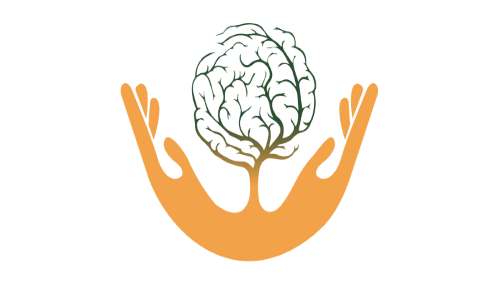
Ethics CE for National Certified Counselors
Open to access this content

Open to access this content

Open to access this content

Open to access this content

Open to access this content

Open to access this content